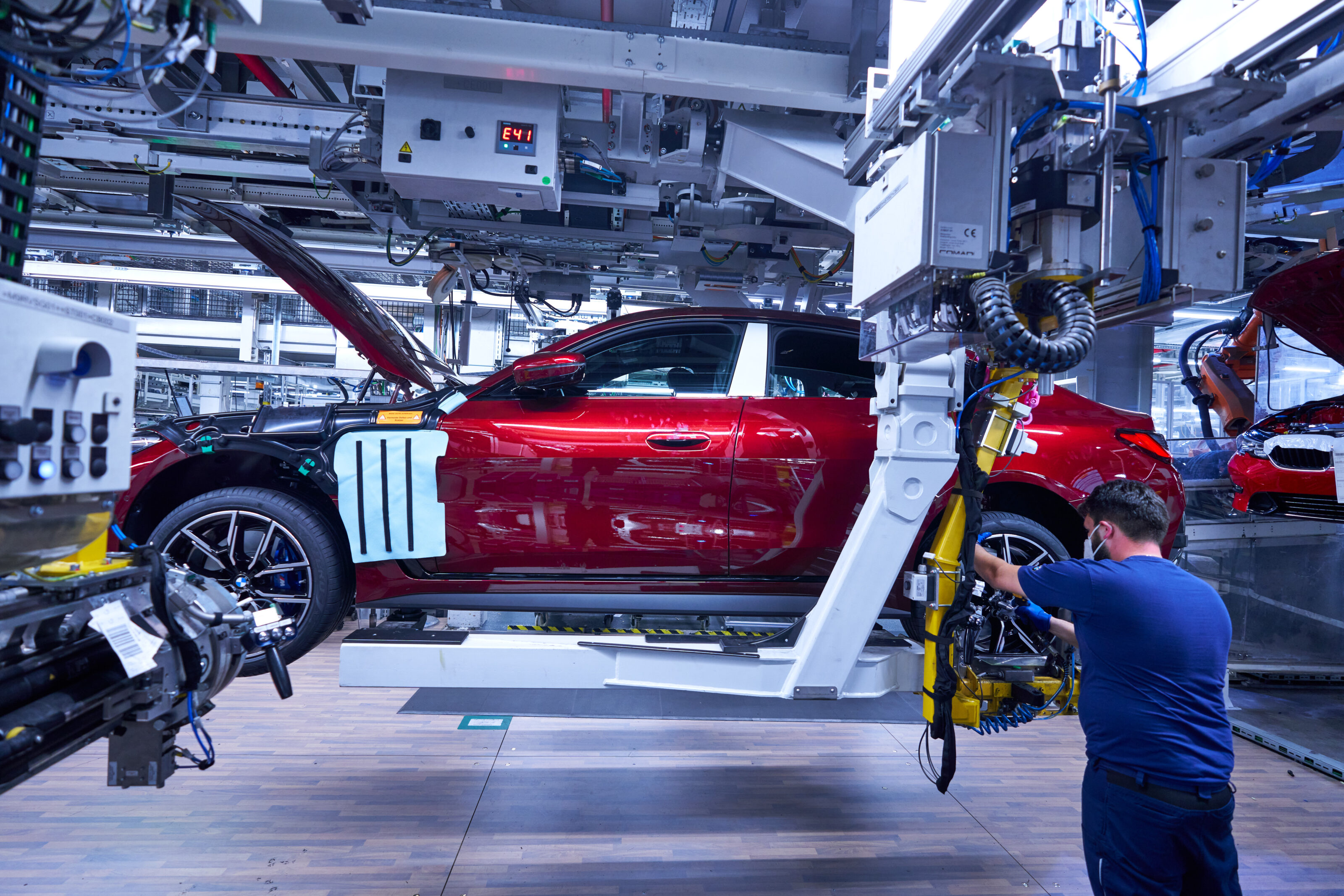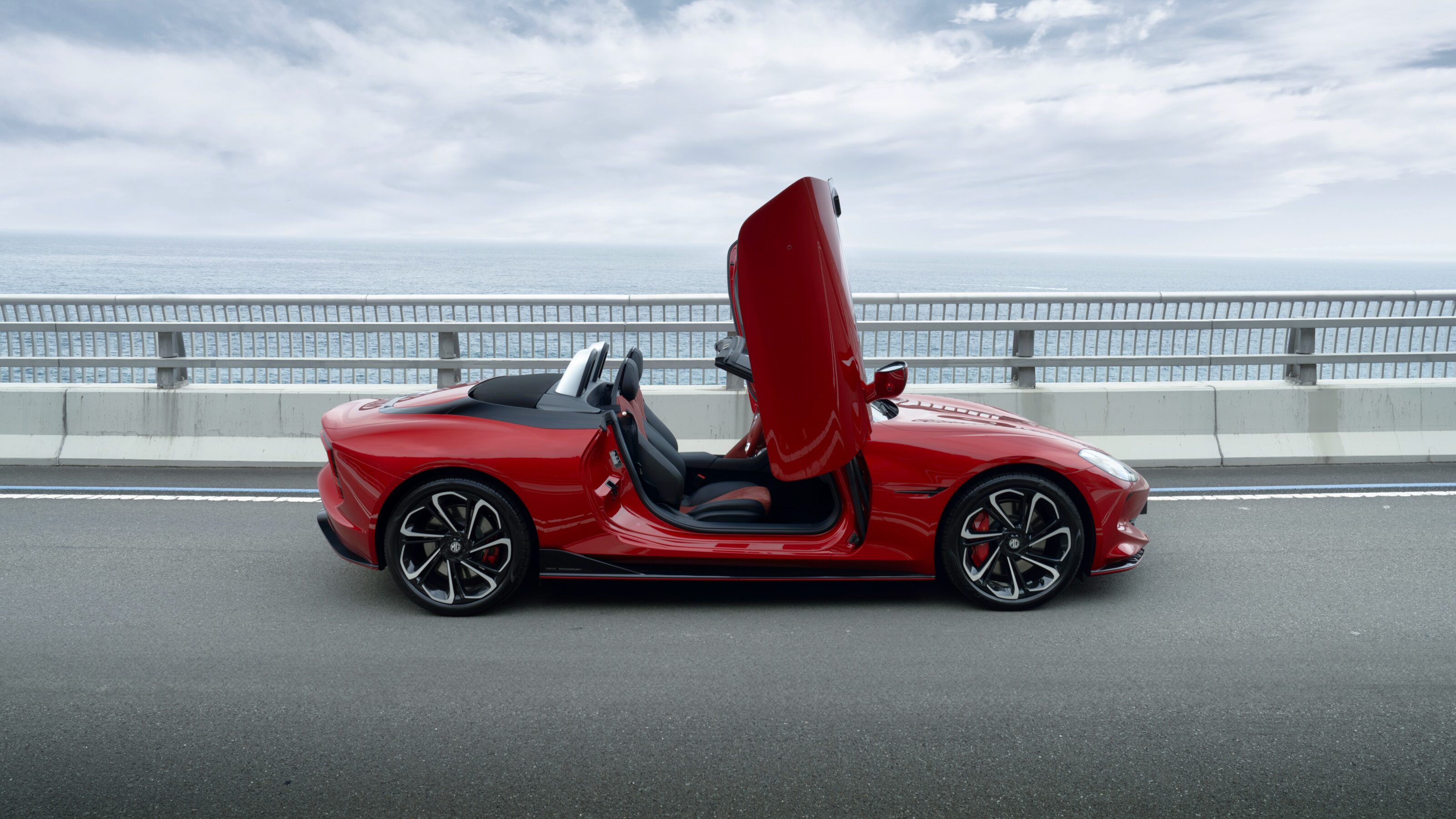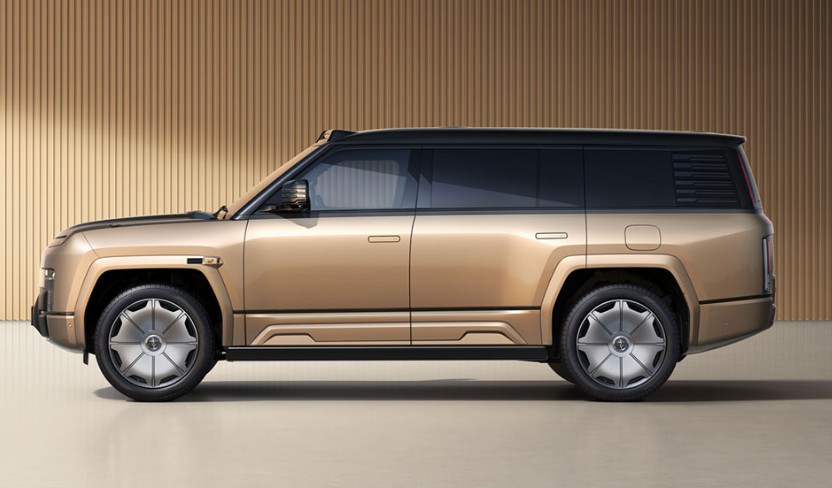Former BMW M division CEO Markus Flasch has confirmed the German manufacturer is working on its standalone, flagship M model.
Having served as the head of BMW’s in-house performance division since 2018, Flasch was recently replaced by his predecessor Frank van Meel – with the former now taking over BMW’s luxury, upper and mid-range model operation, as well as becoming Rolls-Royce’s head of products.
In an interview with German publication Auto Motor und Sport, Flasch confirmed the M division was working on its own dedicated flagship model – touted to be underpinned by a hybrid powertrain, which can deliver up to 560kW.
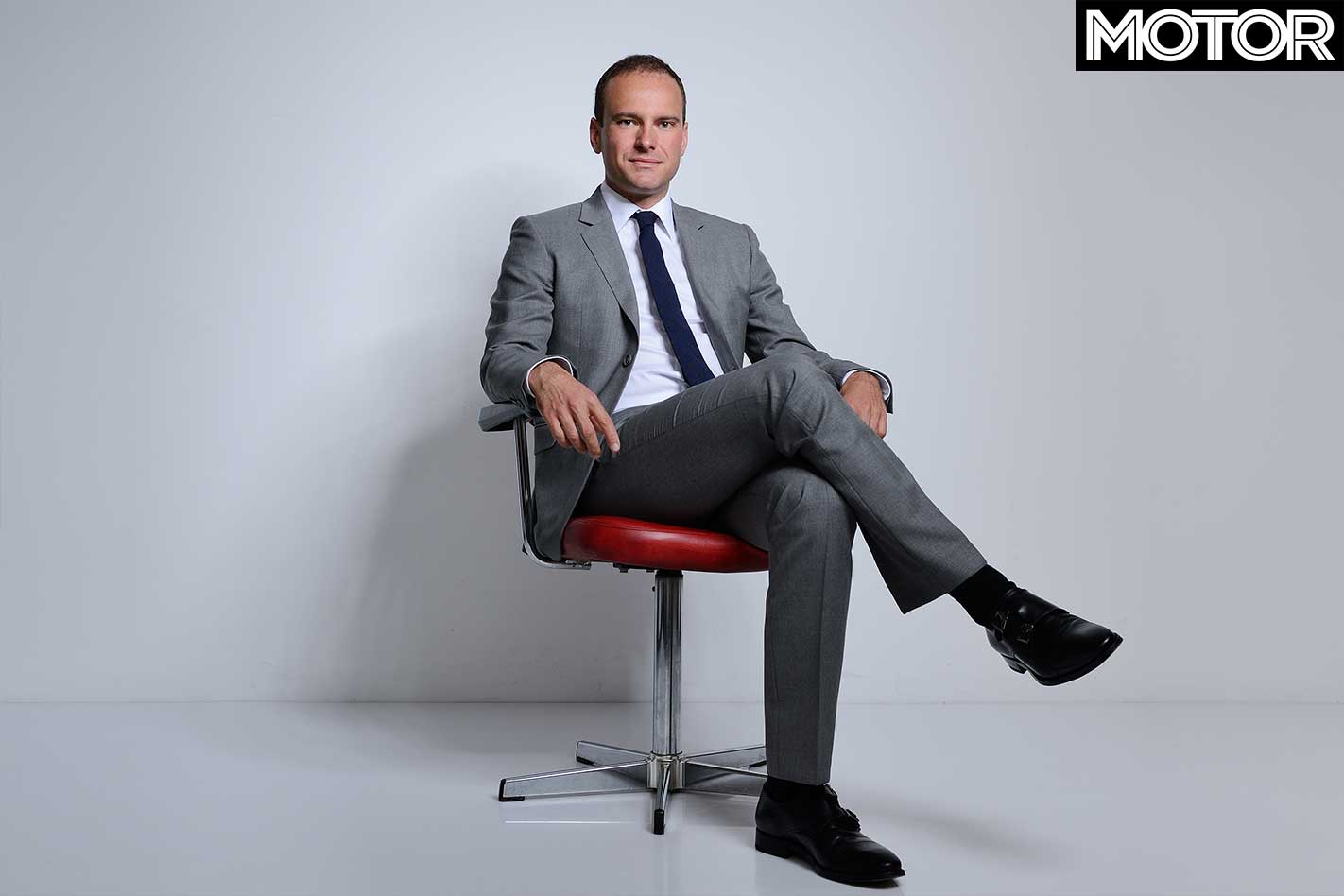
When asked whether the iconic M1 would be given a standalone successor, Flasch answered flatly.
“Well, there will definitely be an independent M model again,” said Flasch.
“Our brand core is still racing and high performance on the road. However, we also want to retain customers who are into expressive luxury. With the M8 and its derivatives, we have already succeeded in some cases, but there is a segment in which there is a lot going on and we are not yet represented. I cannot say more about that.
“Fully electric driving is the future for BMW M too. But when? That is currently not clear, also because the internal combustion engine will continue to play a major role in customer and top-class motorsport for a very long time.
“For this reason alone, an offer is needed in the Series area. But I can promise: From the second half of the decade, we will have all types of drive on offer – i.e. combustion, high-performance hybrids and purely electric, which complement each other perfectly.”
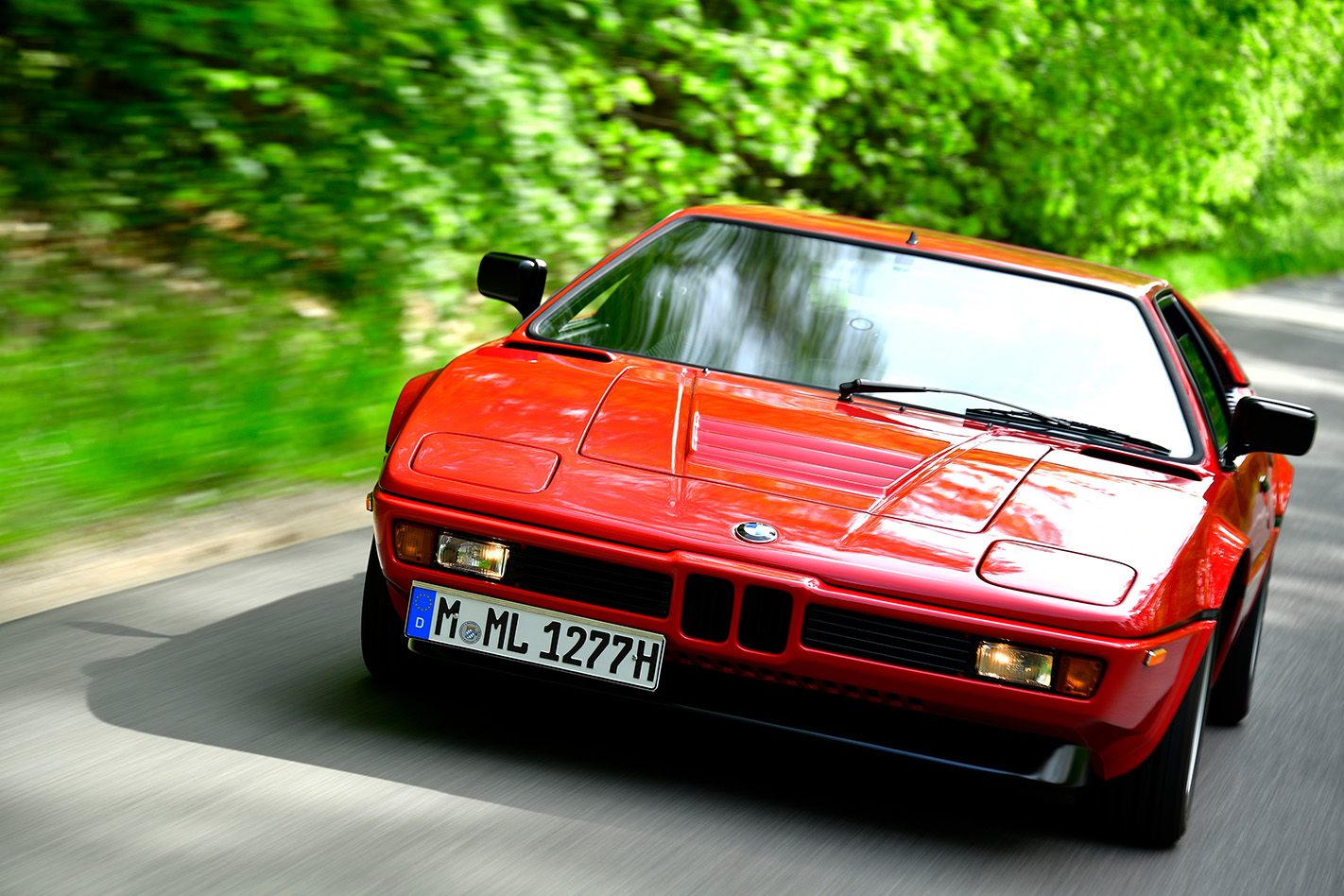
Amongst ever-tightening emissions regulations in Europe, Flasch provided an assurance that BMW and the M division would continue to produce performance combustion engines until 2030.
“[…]we have found technical solutions to keep our inline six-cylinder internal combustion engine on sale at least until the end of the decade – for both road and racing vehicles,” he added.
“In any case, we have dealt intensively with the combustion process in order to be able to do without space and weight-consuming ancillary units. No matter how sharp EU7 [Euro 7 emissions] gets, we know that our approach works. Incidentally, this also applies to our V8 engine.”
The BMW Group as a whole is currently targeting a move towards electrification, with the ultimate aim of electric vehicles making up half of its production volume by 2030, although hybrid engines will still play a major part in its future.
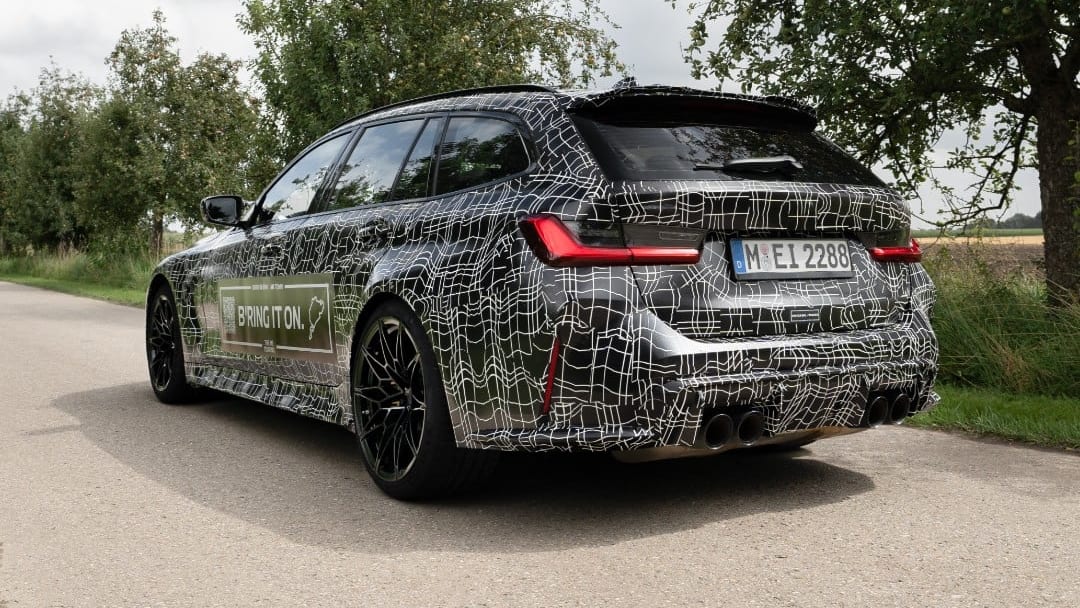
We recommend
-
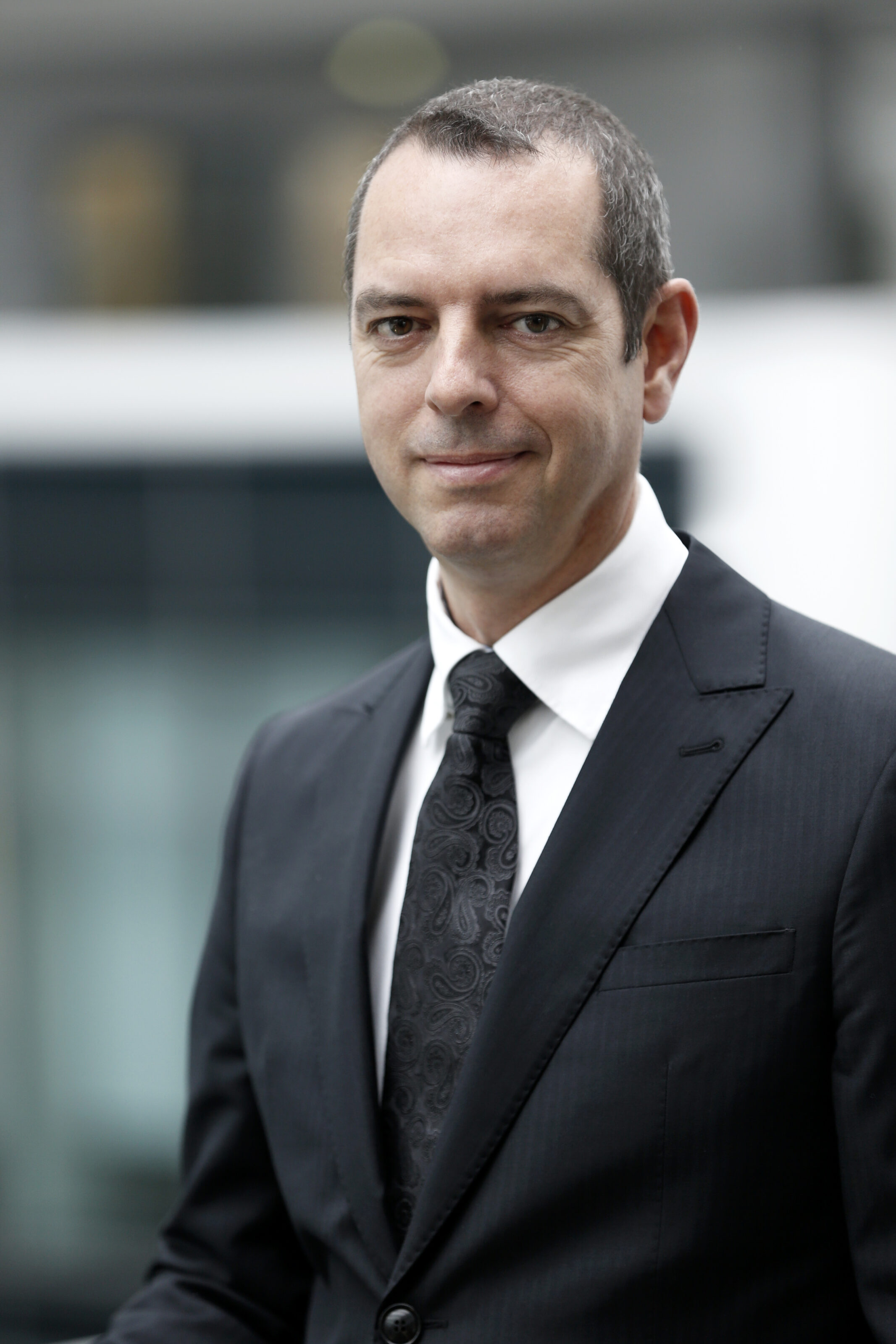 News
NewsFrank van Meel returns to head up BMW M division
After a three-year hiatus, van Meel is back in his old role
-
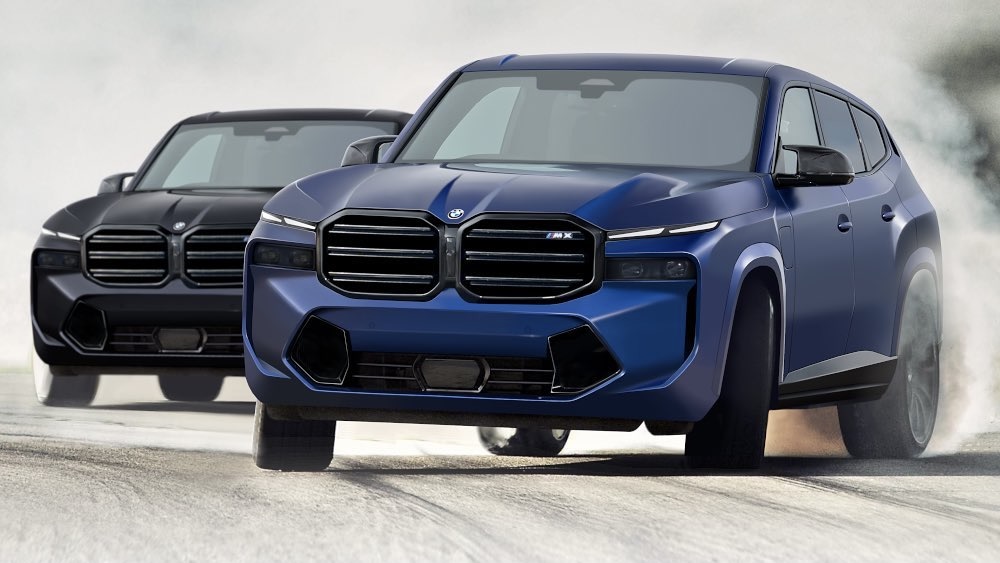 News
News2023 BMW XM: Details of flagship SUV emerge
The BMW range is set to be crowned with a new flagship SUV, to be named either the X8 or XM – and details are beginning to emerge ahead of its unveiling
-
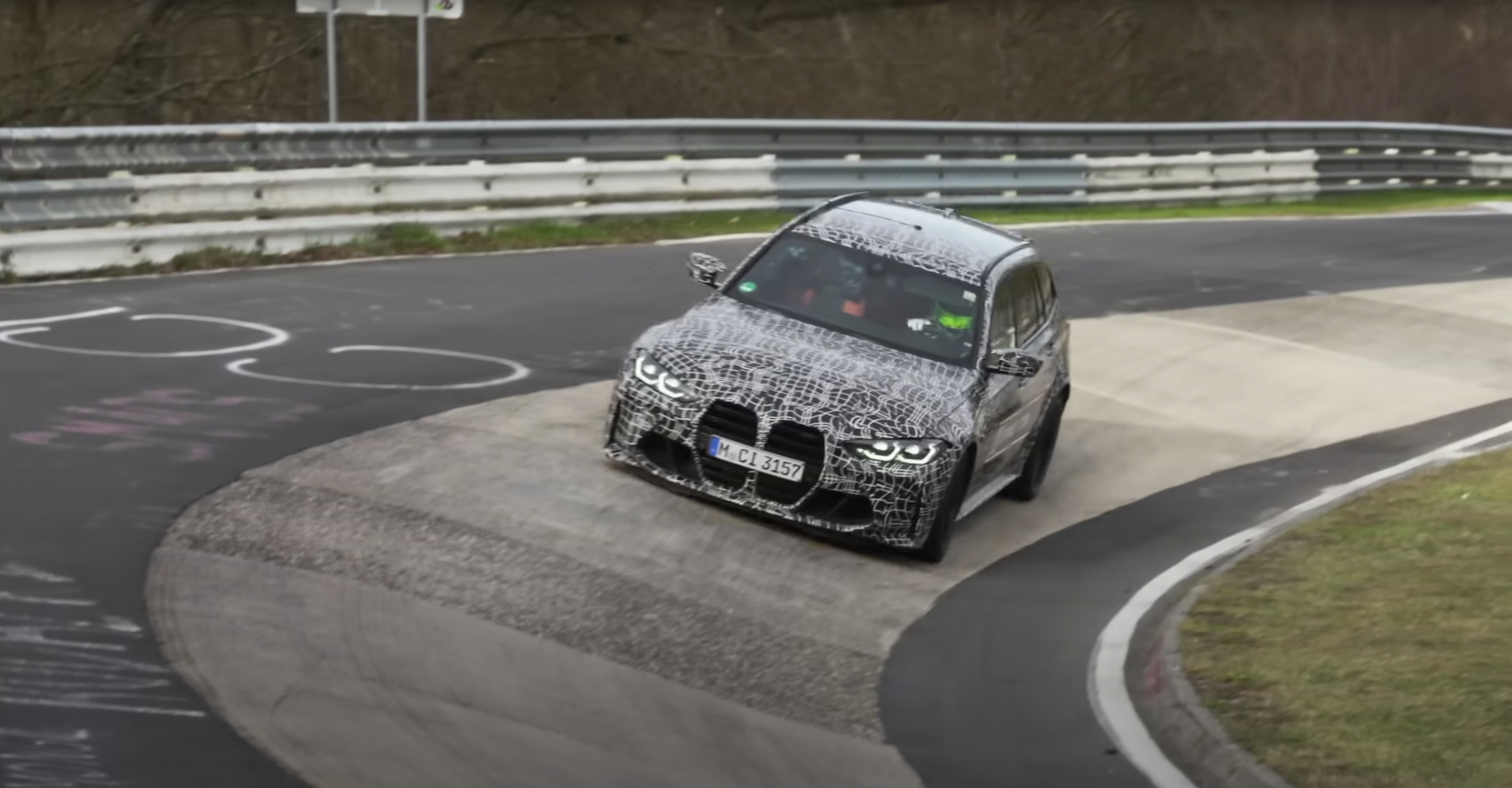 News
News2023 BMW M3 Touring sets new Nürburgring record
The quickest wagon to ever lap the Nordschleife will be revealed on June 23


